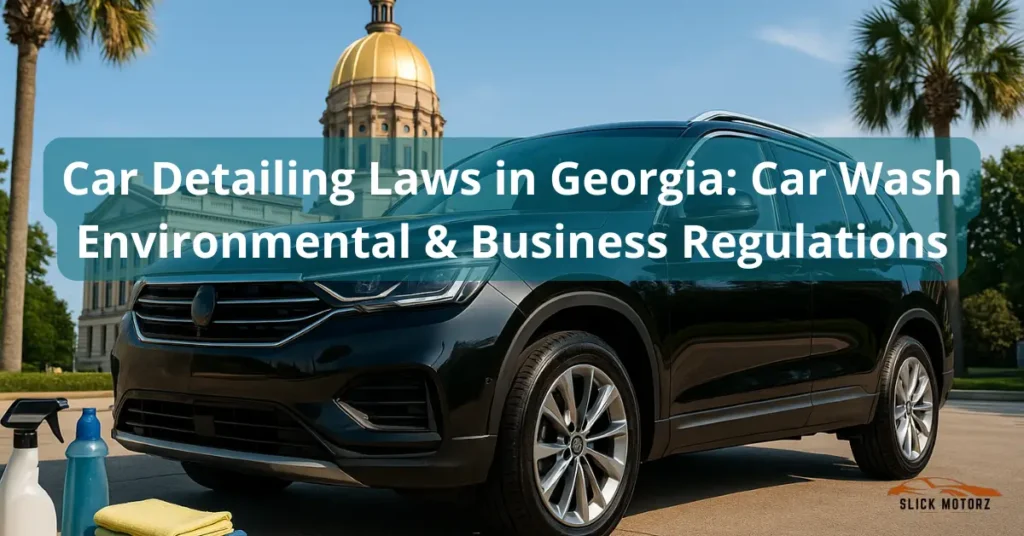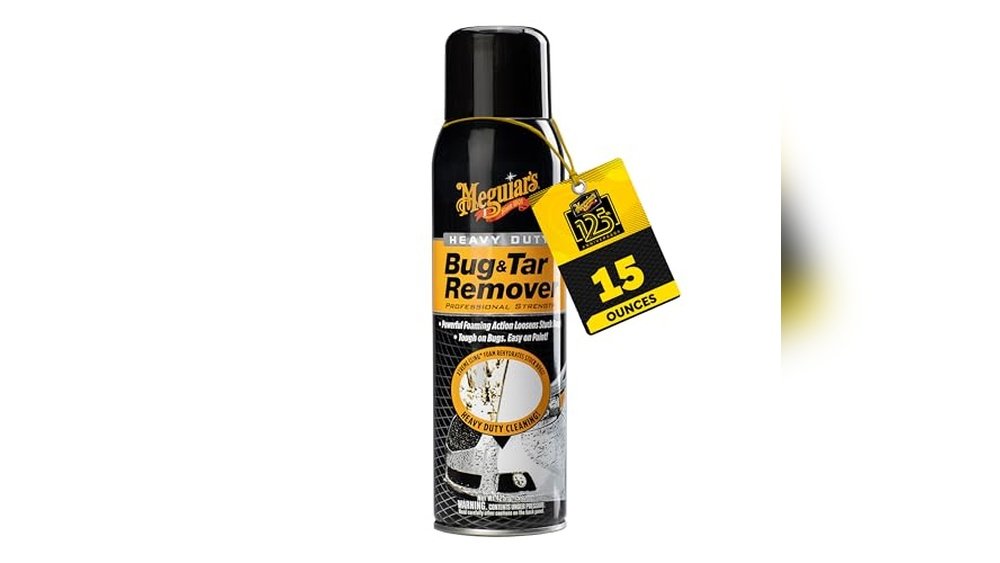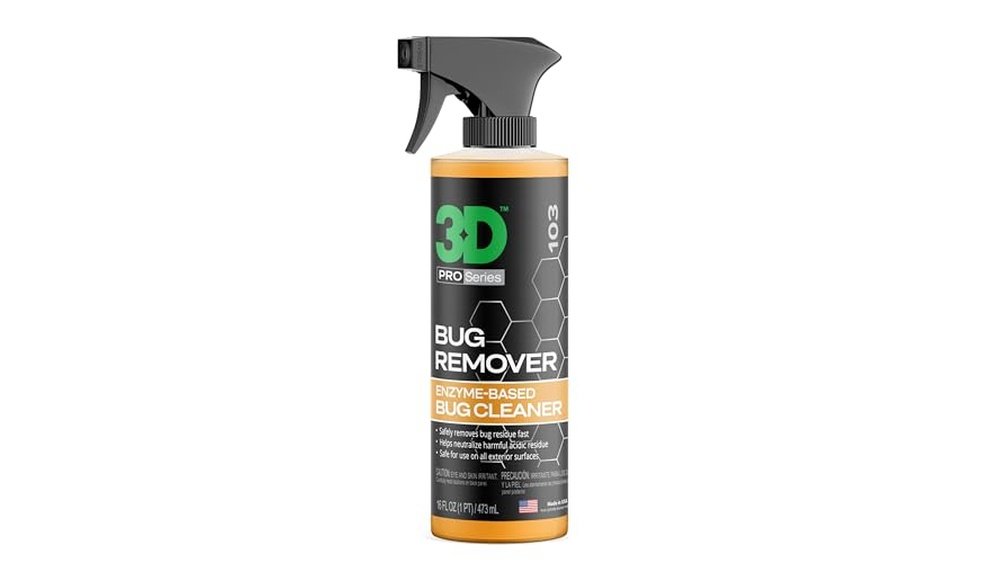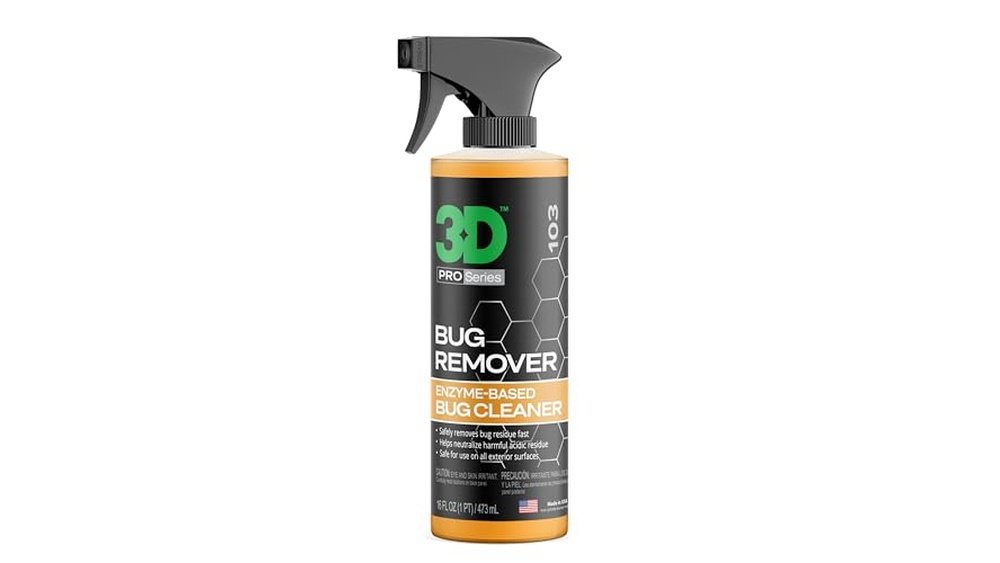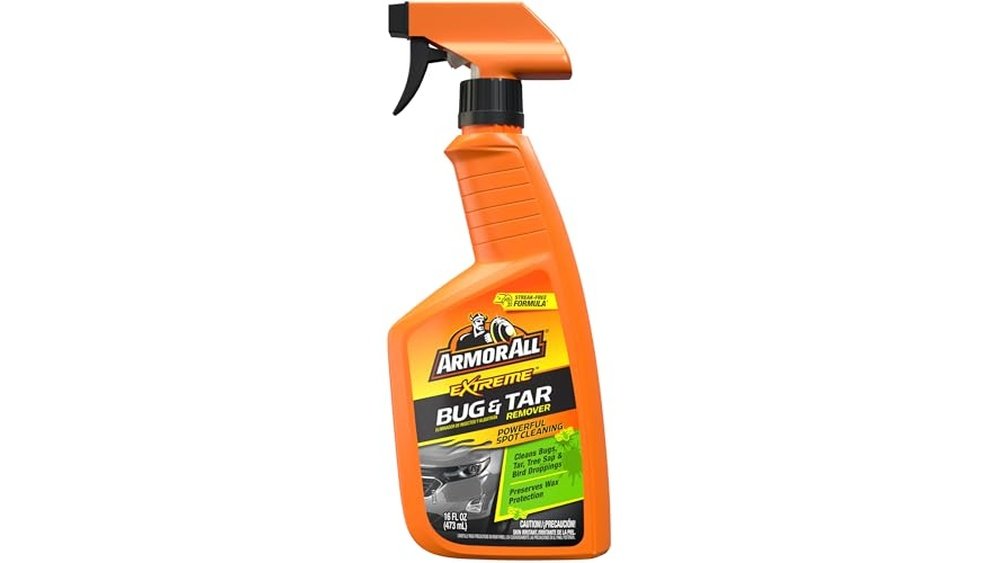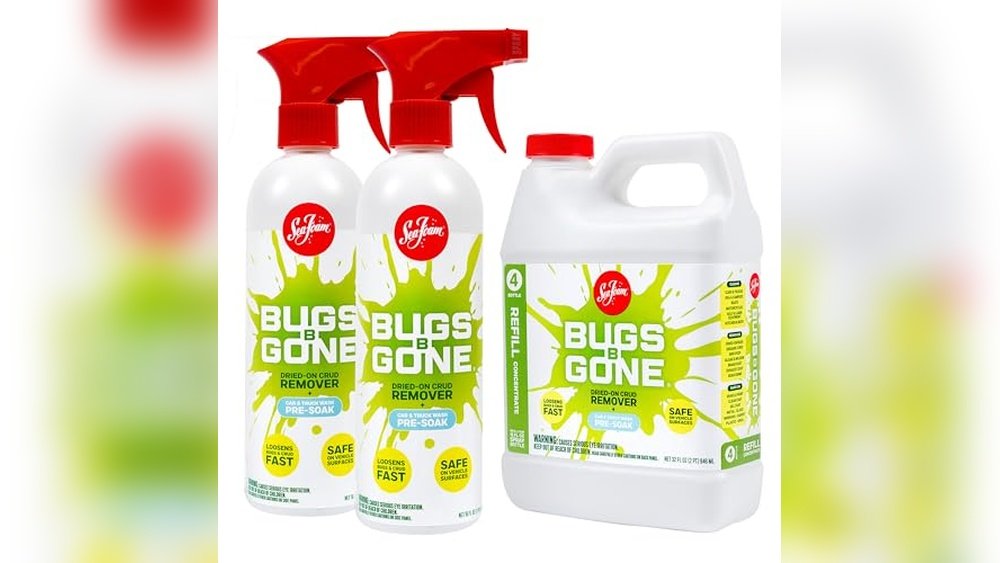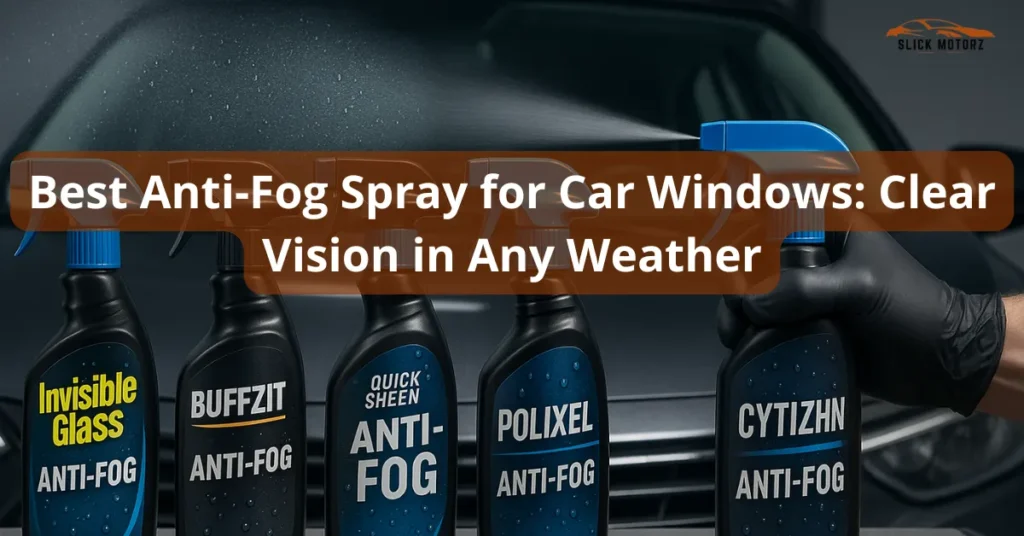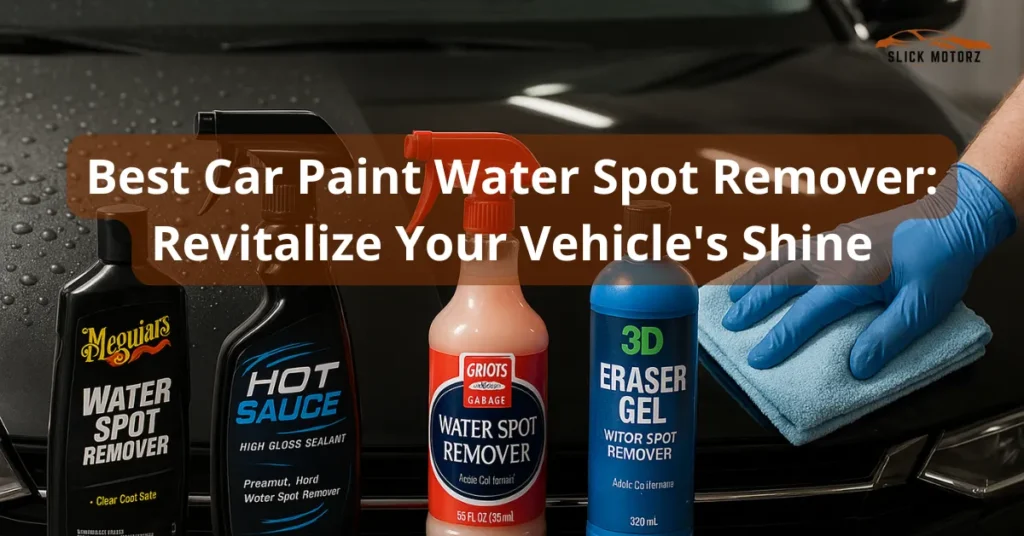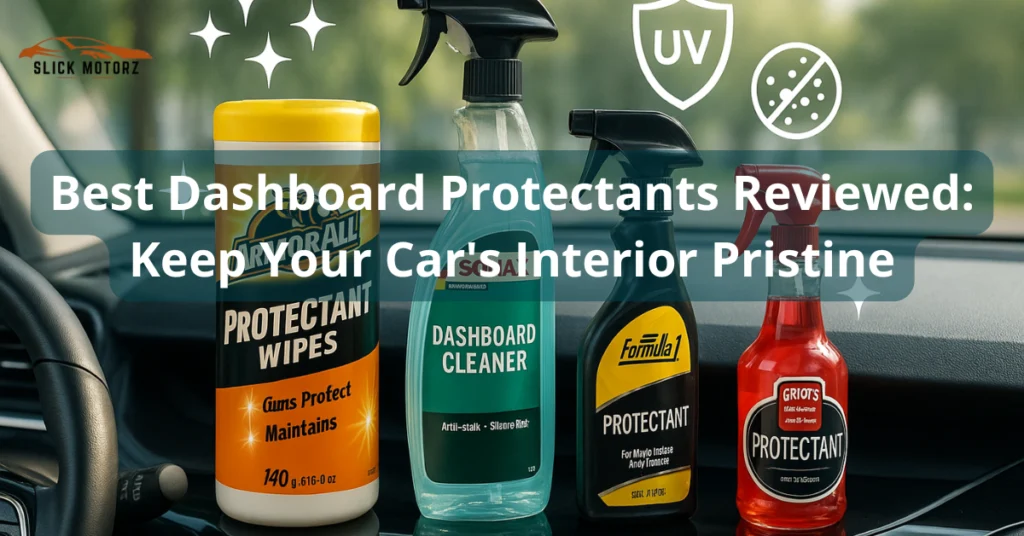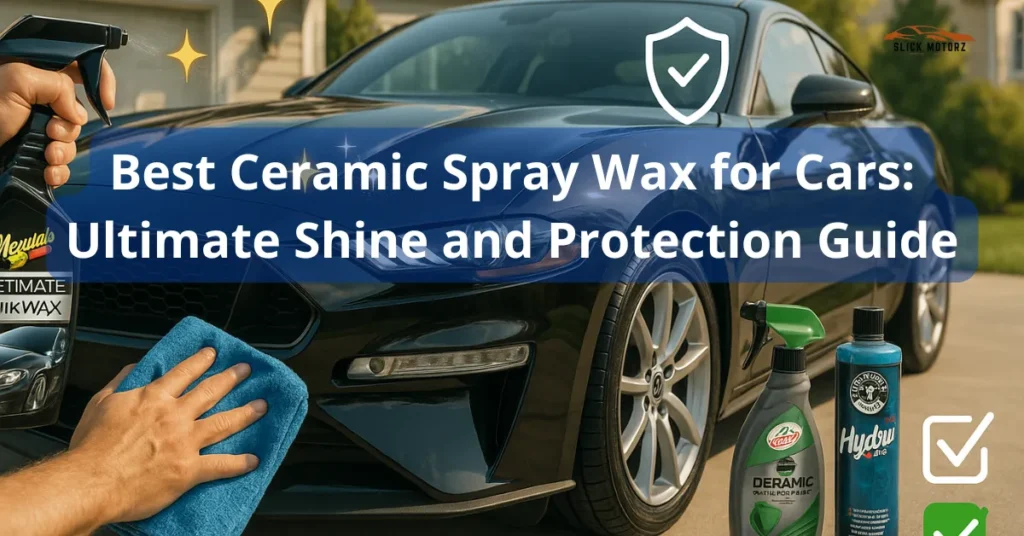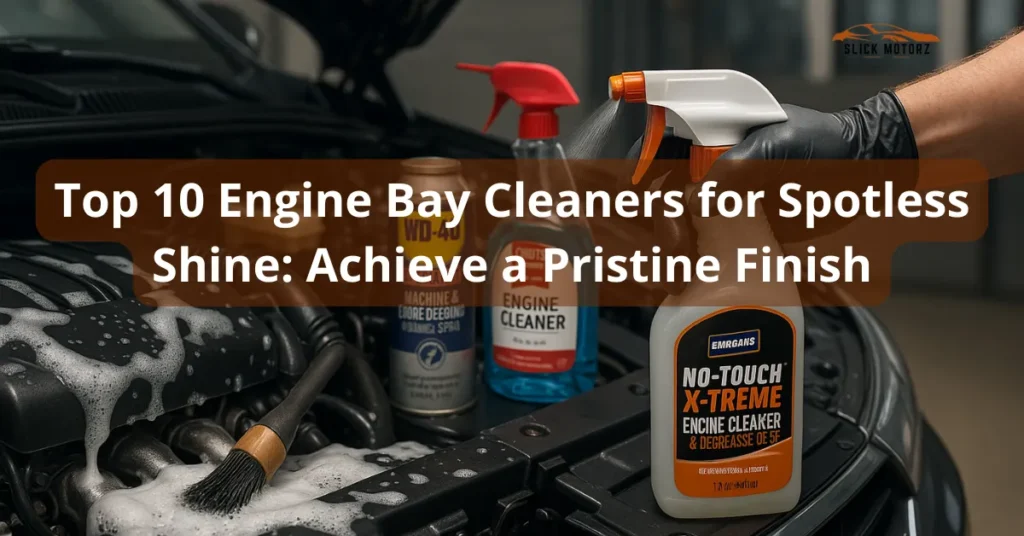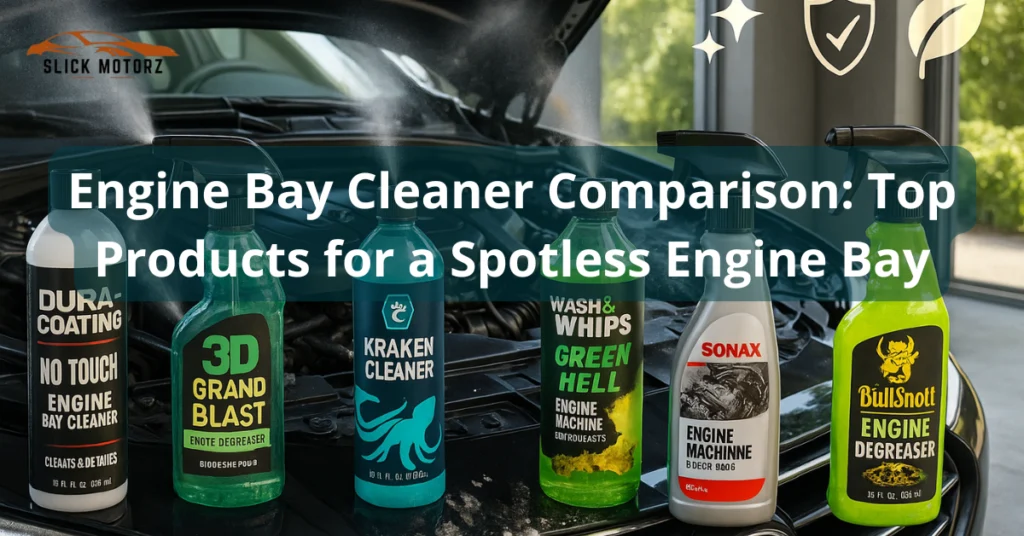Thinking about starting a car detailing business or offering your services in Georgia? Before you dive in, it’s crucial to understand the specific laws that govern car detailing in this state.
Whether you’re detailing cars as a hobby or planning to build a full-fledged business, knowing the legal requirements can save you from costly fines and legal troubles. From licensing and permits to environmental rules and zoning laws, Georgia has clear regulations that you must follow.
This guide will walk you through everything you need to know about car detailing laws in Georgia, so you can operate confidently and legally. Keep reading to discover the key steps and rules that protect both you and your customers.
Licensing Requirements
Starting a car detailing business in Georgia requires understanding licensing rules. These rules protect both customers and business owners. Following them avoids fines and legal issues. Licensing ensures your business operates legally and safely.
Business Licenses Needed
Every car detailing business in Georgia must have a valid business license. This license comes from the city or county where you operate. It shows your business is registered and allowed to provide services. Without this license, you cannot legally run your detailing shop.
Special Permits For Detailing
Some detailing services may need special permits. These depend on your location and the services offered. For example, using water for washing may require environmental permits. These rules help protect Georgia’s water and environment. Always check with local authorities for needed permits.
Driver’s License And Insurance
Detailers often transport vehicles or parts. A valid driver’s license is essential for these tasks. Insurance is also important to cover accidents or damages. Most clients expect businesses to have proper insurance. It protects both you and the customer during service.
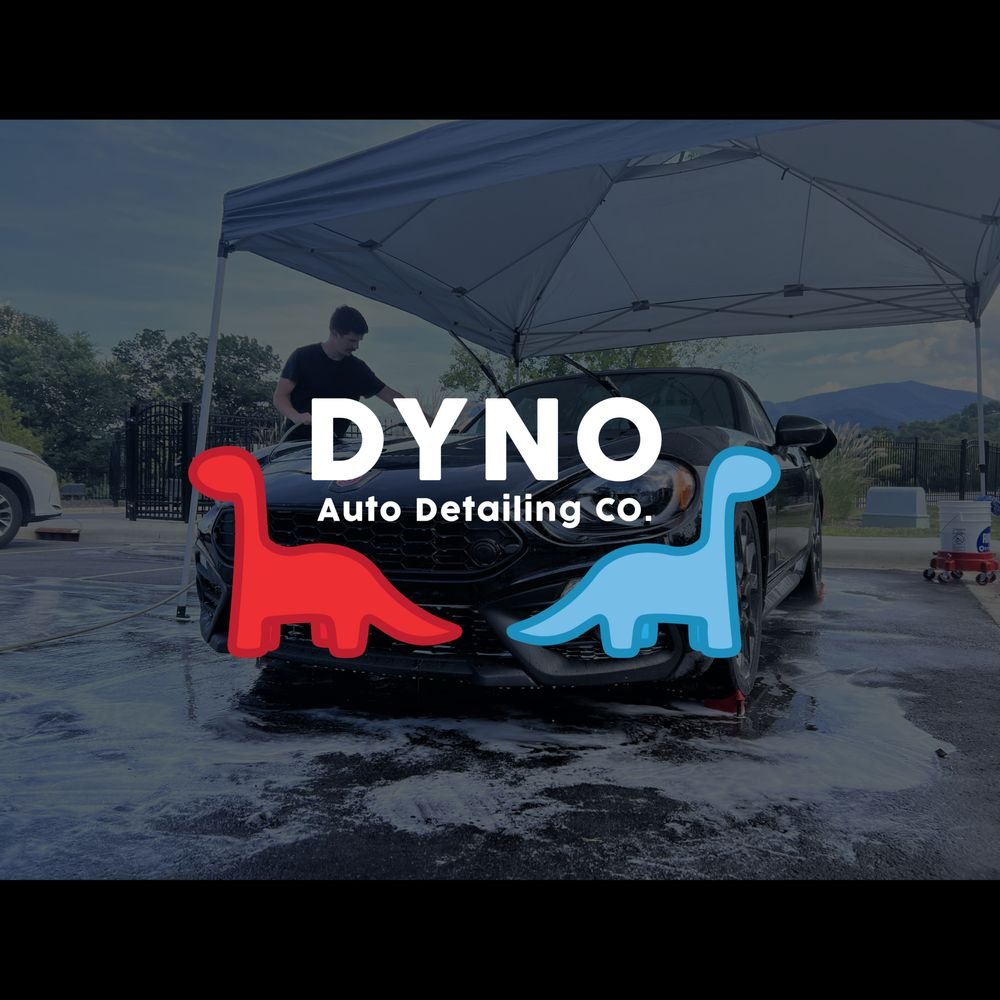
Credit: m.yelp.com
Environmental Regulations
Environmental regulations shape how car detailing businesses operate in Georgia. These rules protect water resources and control pollution. Car detailers must follow strict guidelines to reduce their environmental impact. Understanding these regulations helps businesses stay legal and environmentally friendly.
Water Usage Restrictions
Georgia limits water use for car detailing to conserve resources. Businesses must use water efficiently to avoid waste. Many areas require the use of water-saving equipment. Some cities may restrict water use during droughts. Following these rules helps protect Georgia’s water supply.
Car Wash Certification
Permanent car wash facilities need certification from the state. Certification ensures they meet environmental standards. The Georgia Environmental Protection Division oversees this process. Certified car washes use best management practices. These include water recycling and proper chemical use. Annual inspections confirm compliance with regulations.
Waste Disposal Rules
Proper disposal of waste is crucial in car detailing. Businesses must handle chemicals, oils, and wastewater safely. Georgia law forbids dumping waste into storm drains or the environment. Detailers should use approved disposal services. Following these rules prevents pollution and protects local ecosystems.
If you’re planning to launch a detailing business, you may also want to review our Car Detailing Laws in Florida and Car Detailing Laws in Texas for comparison.
Zoning And Location Rules
Understanding zoning and location rules is vital for car detailing businesses in Georgia. These rules determine where you can legally operate your business. They help keep neighborhoods safe and organized. Knowing these rules can prevent fines and legal trouble. It also ensures your business runs smoothly and respects community standards.
Local Zoning Laws
Local zoning laws regulate land use in specific areas. They decide if car detailing shops can open in residential or commercial zones. Some areas forbid car washing or detailing due to water runoff concerns. Business owners must check with the city or county zoning offices. Securing proper zoning approval before starting is essential to avoid penalties.
Operating Mobile Detail Services
Mobile car detailing services face different rules. They often have more freedom because they do not have a fixed location. Still, they must follow local parking and business permit regulations. Some cities require mobile detailers to get special permits or licenses. Mobile operators should verify rules in each area they serve to stay compliant.
City-specific Restrictions
Each city in Georgia may have unique restrictions for car detailing businesses. For example, Atlanta has strict water use regulations during droughts. Savannah might limit business hours or noise levels in certain neighborhoods. Business owners must research city codes thoroughly. Following these rules protects the business and maintains good community relations.
Tax Obligations
Understanding tax obligations is vital for car detailing businesses in Georgia. Taxes affect pricing, profits, and legal compliance. Staying informed helps avoid penalties and keeps your business running smoothly.
Sales Tax On Detailing Services
Georgia requires sales tax on many car detailing services. This means you must collect tax from customers. The current state sales tax rate applies, plus any local taxes. You must include sales tax in your invoices. Some services may be exempt, but most detailing work is taxable.
Use Tax Considerations
Use tax applies when you buy supplies without paying sales tax. This often happens with out-of-state vendors. Georgia expects businesses to report and pay use tax on these items. Keep careful records of all purchases. This tax ensures fair competition between local and out-of-state sellers.
Tax Registration Process
To collect sales tax, you must register with the Georgia Department of Revenue. Registration is free and easy online. After registering, you receive a sales tax number. Use this number on all tax forms and invoices. File sales tax returns regularly, even if you have no sales. Missing filings can cause fines and interest charges.
Consumer Protection Laws
Consumer protection laws in Georgia help ensure car detailing businesses treat customers fairly. These laws set clear rules on how services must be offered and described. They aim to prevent fraud and protect buyers from misleading information.
Car detailing companies must follow these laws carefully. Customers gain confidence knowing their rights are respected. This section covers key rules about service agreements, advertising claims, and complaint handling.
Service Agreements And Warranties
Car detailing businesses in Georgia must provide clear service agreements. These documents explain the work scope, costs, and any guarantees. Written agreements protect both parties from misunderstandings.
Warranties on services must be honest and straightforward. If a business promises to fix problems, it must do so within the warranty period. “As is” sales without warranties require clear disclosure.
Advertising And Claims
Advertising for car detailing must not contain false or misleading claims. Georgia law prohibits exaggerating the quality or results of services. Advertisements should accurately describe what customers can expect.
Businesses must avoid promises they cannot keep. Claims about eco-friendly products or special certifications must be truthful and verifiable. Honest advertising builds trust with clients.
Handling Customer Complaints
Georgia law encourages businesses to resolve customer complaints quickly and fairly. Car detailers should have a clear process for handling issues. This helps avoid disputes and legal action.
Consumers can report unfair practices to the Georgia Consumer Protection Division. Businesses that ignore complaints risk penalties and damage to their reputation. Respectful communication is key to customer satisfaction.
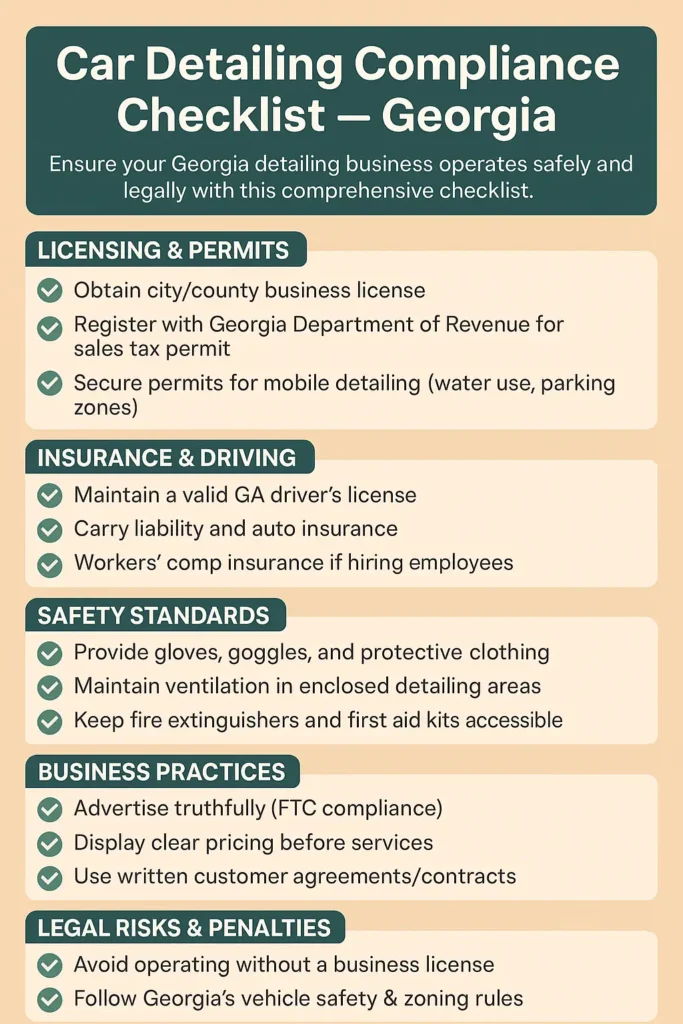
Health And Safety Standards
Health and safety standards protect workers and customers in Georgia car detailing shops. These standards reduce the risks of accidents and health problems. They cover employee safety, chemical use, and facility conditions. Compliance with these rules keeps workplaces safe and clean.
Employee Safety Regulations
Georgia requires employers to provide safe work conditions for detailers. Workers must get training on equipment and safety procedures. Protective gear like gloves and goggles must be available. Employers must follow OSHA rules to prevent injuries. Regular safety drills help workers stay prepared for emergencies.
Chemical Handling Requirements
Car detailers use many chemicals for cleaning and polishing. Georgia law demands proper storage and labeling of these chemicals. Employees need training on safe handling and disposal. Using chemicals in well-ventilated areas reduces health risks. Spills must be cleaned quickly with proper materials to avoid harm.
Facility Inspection Rules
Car detailing facilities in Georgia must pass regular health and safety inspections. Inspectors check for clean workspaces and safe chemical storage. They verify that equipment is in good condition. Facilities must follow local zoning and environmental regulations. Passing inspections helps businesses operate legally and safely.
Starting A Detailing Business
Starting a car detailing business in Georgia offers a great chance for growth. The demand for quality vehicle care keeps rising. Before launching, know the state’s laws and requirements. This helps keep your business legal and trusted by customers.
Proper preparation ensures smooth operations. Follow the local rules to avoid fines or closures. Understanding the needed steps makes your startup easier and safer.
Required Documentation
First, register your business with Georgia’s Secretary of State. Choose a business name and legal structure. Obtain a federal Employer Identification Number (EIN) from the IRS. Apply for a local business license from your city or county office. Keep all permits visible and up to date. These documents prove your business is legitimate.
Insurance Needs
Insurance protects you and your clients. General liability insurance covers damages or injuries during work. Consider property insurance for your equipment and workspace. If you hire employees, workers’ compensation insurance is required. Check with an insurance agent to find the best coverage. Proper insurance builds trust and reduces risks.
Compliance Checklist
Follow environmental rules about water use and waste disposal. Use eco-friendly products to meet Georgia regulations. Maintain all licenses and permits without expiration. Train staff on safety and legal standards. Keep records of all business activities and inspections. Regularly review state and local laws for updates. Staying compliant avoids penalties and boosts your business reputation.

Credit: m.yelp.com
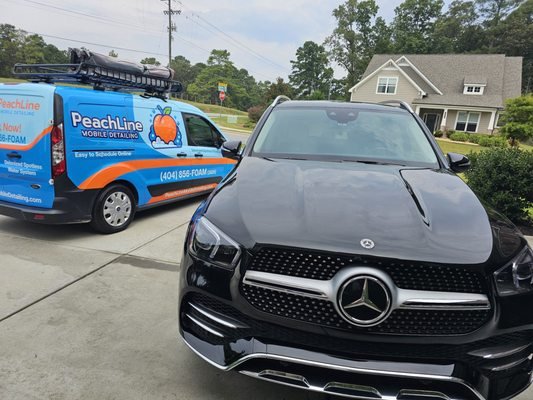
Credit: m.yelp.com
Frequently Asked Questions
Can You Detail Cars Without A Business?
Yes, you can detail cars without a business, but some states require licenses, permits, and insurance to operate legally.
Do You Need A Driver’s License To Be A Car Detailer?
A driver’s license is not legally required to work as a car detailer. Most employers prefer licensed drivers for insurance and liability reasons.
What Business Does Car Detailing Fall Under?
Car detailing falls under the automotive services industry. It includes cleaning, restoring, and finishing vehicles to maintain appearance and value.
What Are The Laws On Buying A Car As Is In Georgia?
Georgia law allows buying a car “as is,” meaning no warranties apply. Sellers aren’t liable for defects without written promises. Always get a written agreement to protect yourself.
Conclusion
Understanding Georgia’s car detailing laws helps you stay legal and safe. Always check local licenses, permits, and insurance needs. Follow environmental rules to protect water and avoid fines. Keep your business compliant with state and city regulations. Staying informed makes your detailing work smooth and worry-free.
Take the right steps to build trust with customers. Simple, clear rules keep your business running well in Georgia.

